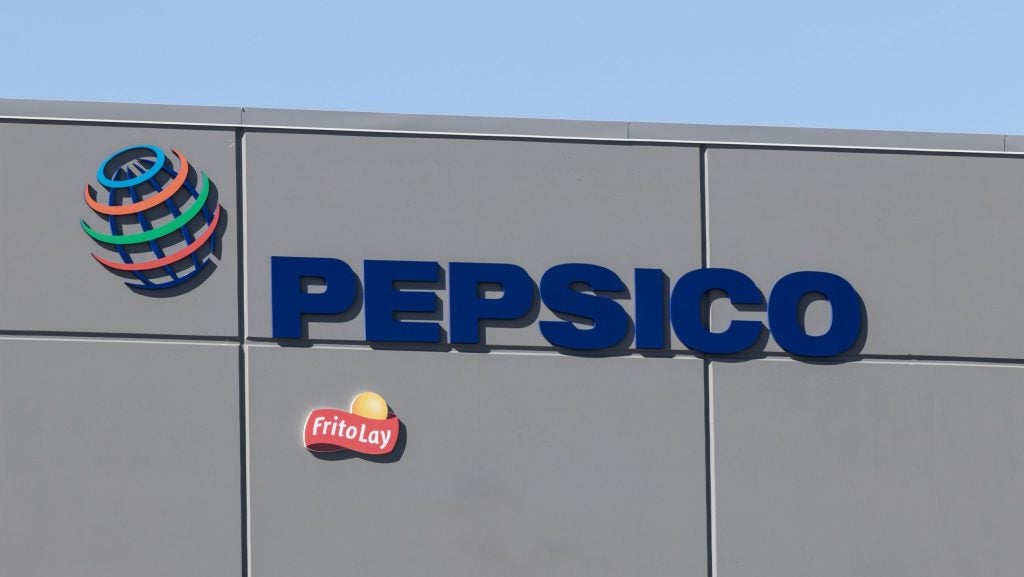The UK food regulator today (12 October) reduced its recommended daily consumption limit of CBD from 70mg to 10mg.
“Precautionary advice” issued by the Food Standards Agency (FSA) said the change was based on “new evidence from the industry and updated advice from our independent scientific committee”.
It said high consumption of CBD over a lifetime could heighten the risk of liver damage, somnolence (excessive tiredness) and thyroid issues.
FSA CEO Emily Miles said: “We understand that this change to our advice will have implications for products currently on the market that contain more than 10mg of CBD per serving. We will be working closely with industry to minimise the risk that consumers are not exposed to potentially harmful levels of CBD.”
UK CBD drinks, gummies and oils producer Goodrays told Just Drinks the results were based on a “handful” of brands and guidance had been lowered due to the “worst-case actors” that used lower-quality ingredients.
CBD is a chemical compound found in the cannabis plant that has little or no psychoactive properties of tetrahydrocannabinol (THC), the cannabis compound that causes a “high” when consumed.
In a joint paper, the Advisory Committee on Novel Foods and Processes and Committee on Toxicity said: “It cannot be ruled out that long-term daily chronic use of pure form CBD (≥98% purity) at intake levels higher than 10mg CBD/day could contribute to the development of adverse effects over time, most notably in the liver.”
Professor Robin May, FSA chief scientific advisor, said: “The more CBD you consume over your lifetime, the more likely you are to develop long-term adverse effects, like liver damage or thyroid issues. The level of risk is related to how much you take, in the same way it is with some other potentially harmful products such as alcoholic drinks.”
Goodrays’ canned CBD beverages contain 30mg of CBD, whereas UK peer Trip’s cans contain 15mg. Trip’s oil products, by contrast, range from 1,000mg to 3,000mg. Goodrays’ gummy sweets each contain 25mg.
For oil products, 10mg equates to around 4-5 drops of 5% CBD oil per day, the FSA said. Its previous recommendation of 70mg a day was around 28 drops of 5% CBD oil.
The FSA curates a public list of approved CBD items that contains around 12,000 products but is closed for new applications.
London-based membership organisation The Association For The Cannabinoid Industry (ACI) said the guidance would not have any immediate impact on the list of licensed CBD products.
In a statement today, the ACI said: “We urge retailers to take this as guidance, which it is. Nothing will change immediately in terms of products included on the FSA’s public list.
“We highlight to consumers that this guidance demonstrates the FSA still considers CBD to be safe and their advice relates to lifetime consumption of daily high doses of CBD.”
Goodrays’ Keenan told Just Drinks: “CBD quality varies massively across the industry and that’s what we need to standardise.”
He added: “The FSA has changed the daily intake guidance based on tests from a handful of brands that have shown that repeated daily usage of those products over a lifetime period carries some risk of adverse impacts.
“However, it’s imperative to recognise that this guidance is based on tests of a subset of products and not all CBD products in the market.
“We work with the purest supplier available who has a higher recommended daily intake than those tested as part of this study, and we’re sure that the guidance will soon take this research into account.
“As an industry, we need to get to a place where that quality and safety is recognised. The most important thing for the industry is to deliver safe products that genuinely have a benefit for the consumer.”
Earlier this year, Keenan also told Just Drinks he felt the FSA’s classification of CBD beverages as “novel foods” in the UK had restricted competition and innovation in the sector.
The ACI also highlighted recent investment in the CBD industry. It said: “The ACI trusts that the FSA, after considering the implications of their announcement, will find a suitable solution for companies that have invested heavily to submit novel foods authorisation applications for their products.”















